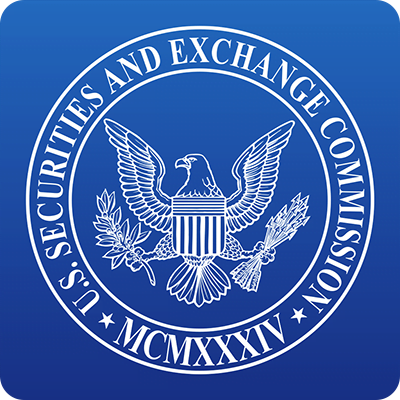

This post first appeared on the Securities Arbitration Alert blog. The blog’s editor-in-chief is George H. Friedman, Chairman of the Board of Directors for Arbitartion Resolution Services, Inc.
The SEC has approved FINRA’s proposal to amend the non-attorney representation rules.
As reported in SAA 2023-40 (Oct. 26), the authority on October 5 filed SR-FINRA-2023-013, Proposed Rule Change to Amend the Codes of Arbitration Procedure and Code of Mediation Procedure to Revise and Restate the Qualifications for Representatives in Arbitrations and Mediations. The text states that the intent is to amend the Codes to (ed: repeated verbatim; bullet format added):
- revise and restate the qualifications for representatives in arbitrations and mediations in the forum administered by FINRA Dispute Resolution Services (‘DRS’);
- disallow compensated representatives who are not attorneys from representing parties in the DRS forum;
- codify that a student enrolled in a law school participating in a law school clinical program or its equivalent and practicing under the supervision of an attorney may represent investors in the DRS forum; and
- clarify the circumstances in which any person, including attorneys, would be prohibited from representing parties in the DRS forum.
Analysis
We had promised to provide further coverage in no. 40, but upon further review we opted to provide links here to some excellent analyses:
- FINRA Files to Limit Non-Lawyers’ Work on Arb Cases, ThinkAdvisor (Oct. 6, 2023)
- FINRA Proposes Revisions to Arbitration and Mediation Codes, Lexology (Oct. 11, 2023)
- FINRA Seeks to Limit Non-Lawyers From Representing Investors in Arbitration, AdvisorHub (Oct. 9, 2023)
We also covered the proposal in our October 25 blog post.
Rule Filing Published; Few Comments Received; Rule Approved
The proposal was published in the Federal Register on October 13 (Vol. 88, No. 197. P. 71051). Our editorial comment in no. 40 – “We imagine there will be many comments!” – was way off. Just five generally supportive comments were received, including letters from PIABA and the St. John’s Securities Arbitration Clinic. FINRA filed a two-page January 8 response to comments, urging approval. The SEC approved the rule changes in a 17-page January 11 Order.
Concerns for Claimants with Smaller Claims
The Commission:
“recognizes that some claimants with smaller claims who might have otherwise considered representation by a compensated NAR [non-attorney representative] may have more difficulty obtaining representation as a result of the proposed rule change. Similarly, claimants with smaller claims may incur additional costs to retain an attorney or risk worse outcomes by representing themselves at a hearing. However, these concerns are outweighed by the threat of harm, including harm to investors, presented by compensated NARs whose interactions with customers are not subject to professional standards of conduct. Furthermore, because compensated NARs represent only a small percentage (one percent) of parties in the DRS forum, the potential impact of the proposed rule change on representation within the DRS forum may be limited and is thus a reasonable way for FINRA to prevent potential harms caused by compensated NARs without unduly impacting representation within the DRS forum.”
Codification of Representation by Clinics
The Approval Order notes:
“Currently, a party in arbitration or mediation may be represented by a student enrolled in a law school participating in a law school clinical program or its equivalent and practicing under the supervision of an attorney. This practice, however, is not currently codified in the FINRA rulebook. Accordingly, parties may not be aware that this option is available when they are seeking representation. The proposed rule change should help make customers seeking to use the forum aware of this alternative option for representation. Similarly, it should also provide clarity to law school students and the attorneys that supervise them. Law school clinical programs lack the pecuniary incentive to engage in the conflicted conduct described above and are under the supervision of attorneys, thus helping to ensure that a customer’s representative is subject to professional standards of conduct. As such, the proposed rule change reasonably balances the needs of customers who might otherwise be unable to obtain legal representation with protecting parties from the conflicts associated with compensated NARs.”
(ed: Next is publication by FINRA of a Regulatory Notice setting the effective date.)






